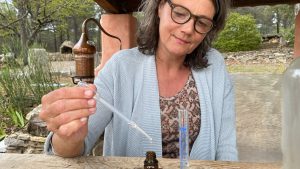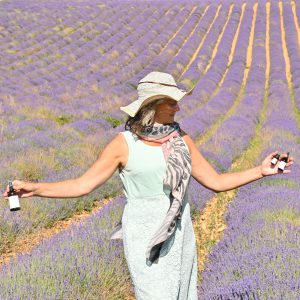
In the media:
““Many tens of thousands of Dutch people experienced, due to COVID-19, what it is like to suddenly lose their sense of smell. Doctors recommend olfactory training for those who, four weeks after a COVID infection, still cannot smell properly.”
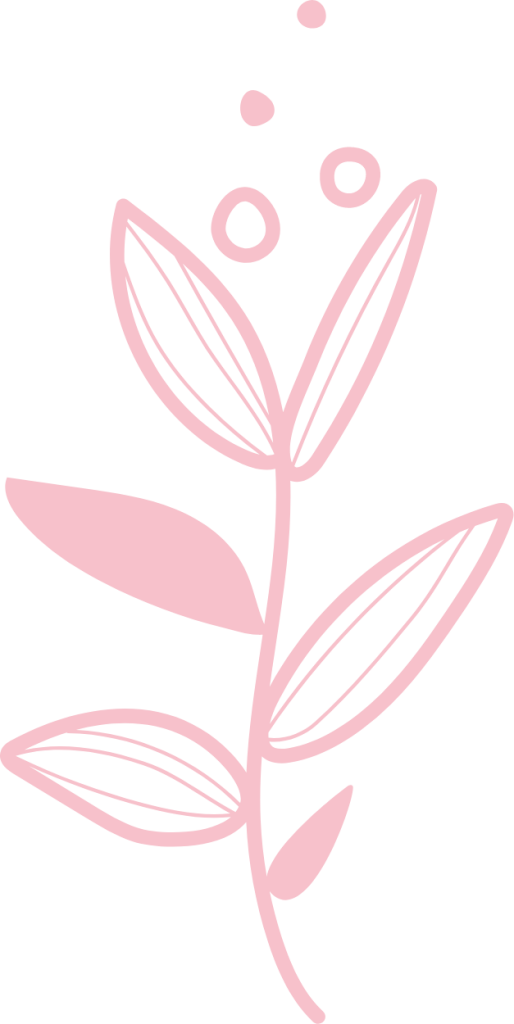
Loss of smell has a profound impact on daily life. We smell consciously and unconsciously throughout the day – with every breath, which happens around 15,000 times a day.
We smell our food, our partner, the scent of our child, the blossom coming into bloom, the spring bulbs pushing through the soil. We smell when walking in the forest or enjoying a breeze by the sea. We smell passing the bakery, a perfumery, or a farm. Smell is something we experience constantly, often without noticing it.
Scent creates emotional connections with your surroundings and with yourself. It influences mood, gives energy, and sets the atmosphere. Scent inspires, heals, and warns us if food is spoiled, if something is on fire, or if chemicals are present. Losing your sense of smell can have a huge impact on the quality of life. Imagine a world without scents – what would change for you…?

People with smell loss describe it as a disability. Enjoying food is no longer possible; checking if milk has gone bad is impossible. The familiar scent of a partner disappears, removing a sense of security. The smell of a baby’s nappy is no longer detectable, creating uncertainty about when to change it. Concerns about one’s own body odour arise, leading to extra showers. Life changes…
There is good news. After extensive research, olfactory training is now used as a treatment for smell disorders. It’s like gymnastics for your nose: smelling four specific scents for twenty seconds, morning and evening, for at least 12–16 weeks. The earlier you start, the better the results.
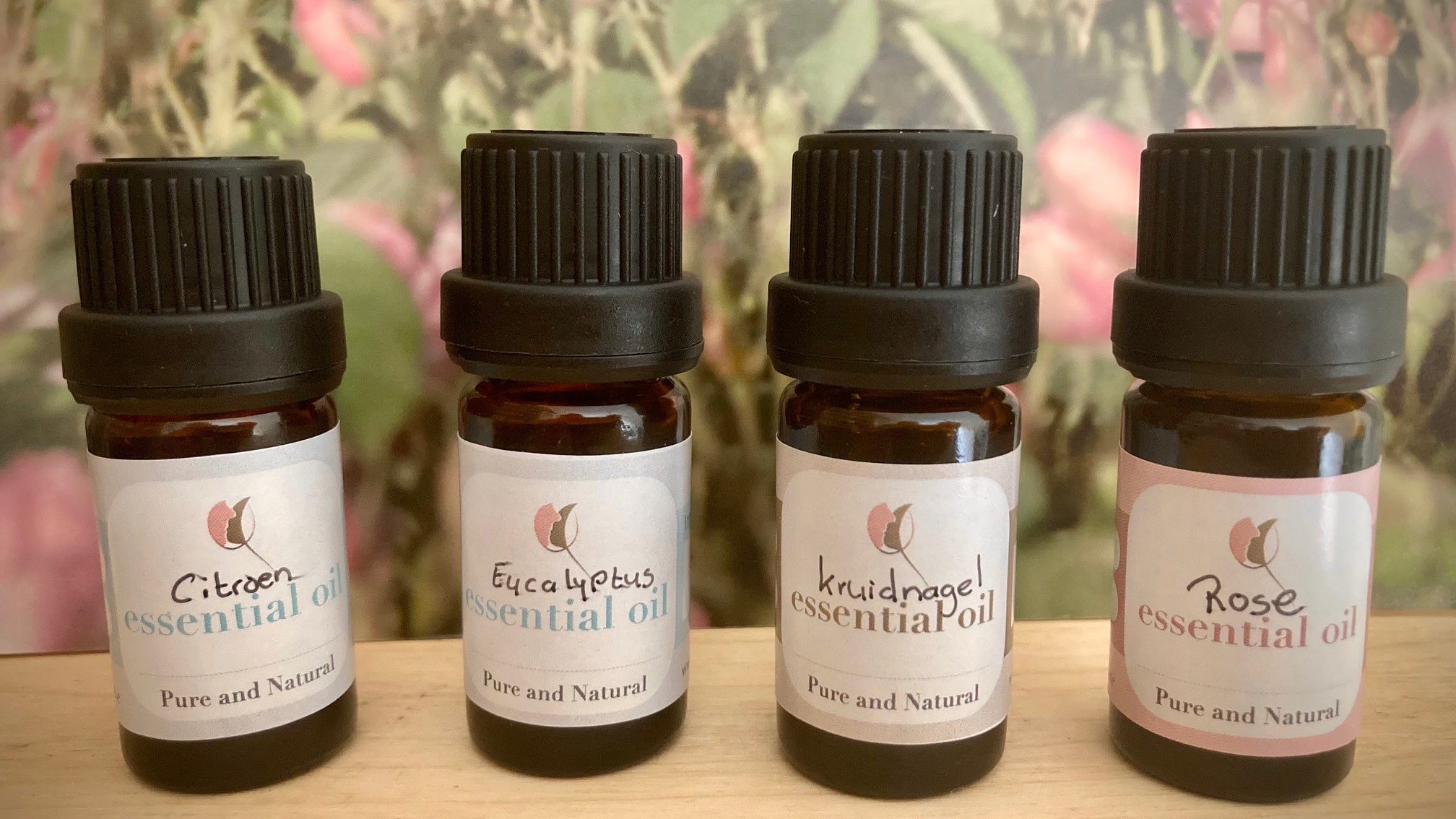
For optimal results, use pure, natural essential oils – scents as Mother Nature intended. Recommended oils include rose, clove, eucalyptus, and lemon. Train your nose, take your time, be patient, and be gentle with yourself. Practice every day, for months, and make it an enjoyable daily ritual
I wish for you to rediscover the joy of scent as part of your everyday life.
With Love Joanne
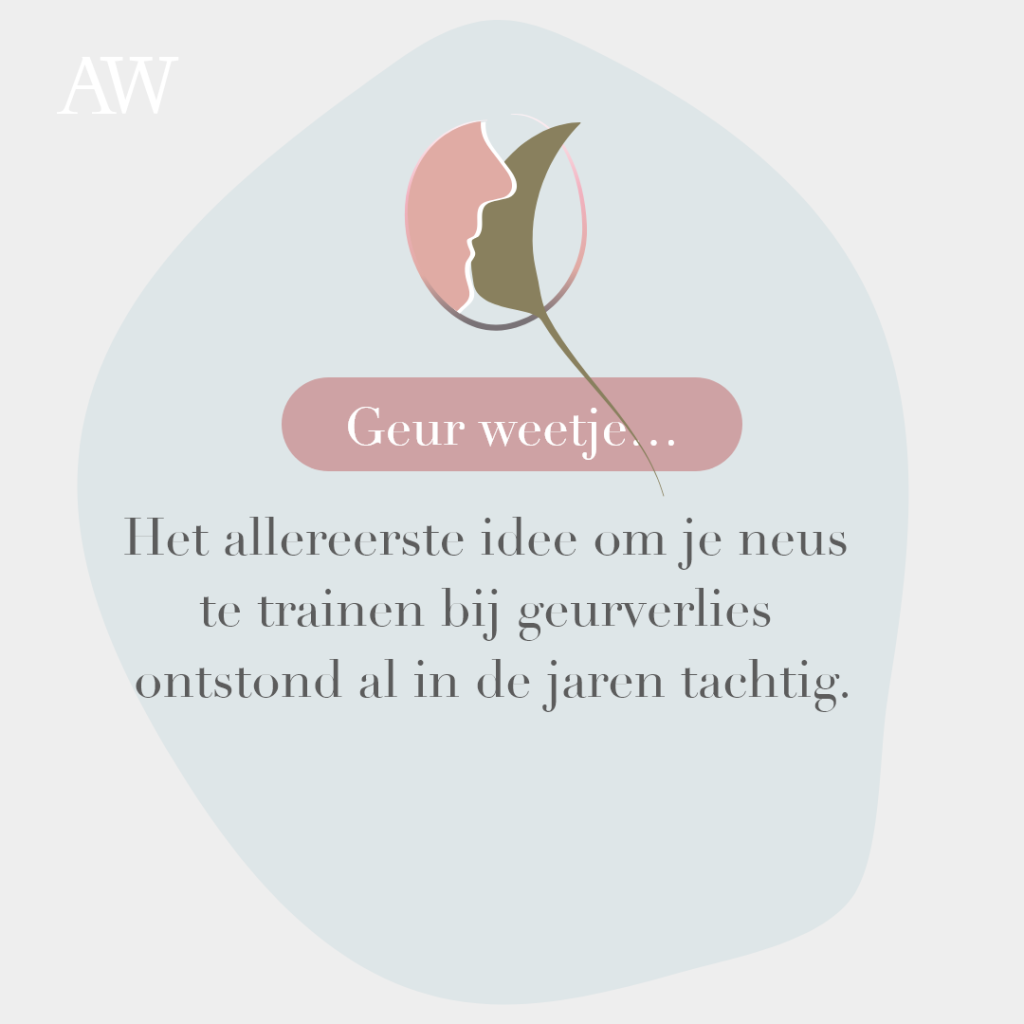
The first concept of training the nose for smell loss began in the 1980s with Charles J. Wysocki, a researcher in the United States. While studying the mammalian pheromone androsterone – a substance 50% of people cannot smell – he discovered something remarkable. He was one of those who could not smell it. Yet, after a few months of exposure, he could. He conducted further research with volunteers, and the same happened.
Zijn conclusie: ”His conclusion: “Train your nose by repeated exposure to a specific scent to recognise it.”
A few years later, Thomas Hummel from the Smell and Taste Clinic at the University of Dresden developed this idea further. He created a structured protocol for olfactory training and, in 2009, published a study: Effects of olfactory training in patiënts with olfactory loss outlining the standard procedure now widely used.


